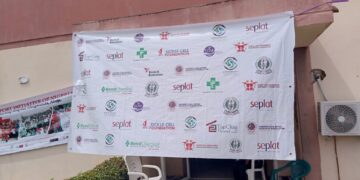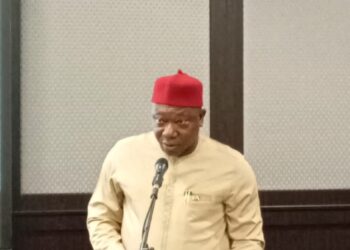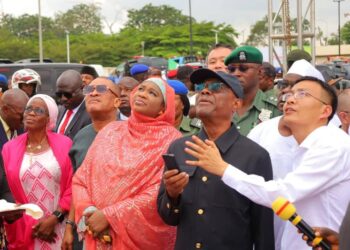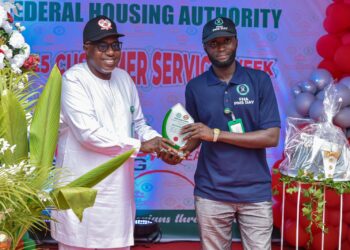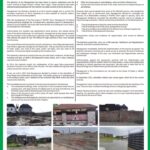By Nasiru Chikaji
On April 23, 2024, at a stakeholders’ meeting organized by Agro-Climate Resilience in Semi-Arid Landscapes (ACReSAL) in collaboration with the Kaduna State Ministry of Environment and the Food and Agricultural Organization (FAO), Commissioner for Agriculture, Murtala Dabo, announced a groundbreaking initiative to restore 22,435 hectares of degraded land in Kaduna State. This ambitious project, spearheaded by Governor Uba Sani’s administration, aims to enhance food security and climate resilience in the state.
Governor Uba Sani’s visionary leadership has embarked on a groundbreaking journey to transform Kaduna State’s degraded lands into thriving hubs of agricultural productivity and climate resilience. This ambitious endeavor marks a significant turning point in the state’s quest for food security, economic growth, and environmental sustainability. By committing to restore 22,435 hectares of degraded land, the Sani administration is boldly addressing the pressing issues of land degradation, desertification, and climate change.
This move not only demonstrates a keen understanding of the intricate relationships between land, climate, and food systems but also showcases the governor’s unwavering dedication to the well-being of Kaduna’s citizens and the environment. The far-reaching implications of this initiative will reverberate across the state, fostering a new era of agro-allied prosperity, climate resilience, and sustainable development.
As the restored lands begin to flourish, they will not only enhance food security but also support biodiversity conservation, improve livelihoods for rural communities, and contribute to a healthier environment. Governor Sani’s ambitious push for food security and climate resilience is a testament to his administration’s commitment to innovative governance, sustainable development, and the United Nations’ Sustainable Development Goals (SDGs).
This landmark initiative will undoubtedly inspire other states and regions to follow suit, catalyzing a wave of transformative change across the nation. The project’s focus on climate resilience and sustainable agriculture aligns with global efforts to address the pressing challenges of climate change and environmental degradation.
In conclusion, the regeneration of Kaduna’s degraded lands under Governor Uba Sani’s leadership is a shining example of visionary governance, climate action, and sustainable development. As the state traverses this path, it will undoubtedly emerge as a beacon of hope for a food-secure, climate-resilient, and prosperous Nigeria. This initiative serves as a model for other states and regions to emulate, demonstrating that with leadership, vision, and commitment, even the most daunting environmental challenges can be overcome.
The success of this project will have a ripple effect, inspiring a new generation of leaders to prioritize sustainability, climate resilience, and food security. Governor Uba Sani’s leadership and commitment to the well-being of Kaduna’s citizens and the environment are a testament to the power of visionary governance in driving transformative change. As Kaduna State embarks on this journey, it is clear that the future of food security, climate resilience, and sustainable development in Nigeria is bright indeed.

